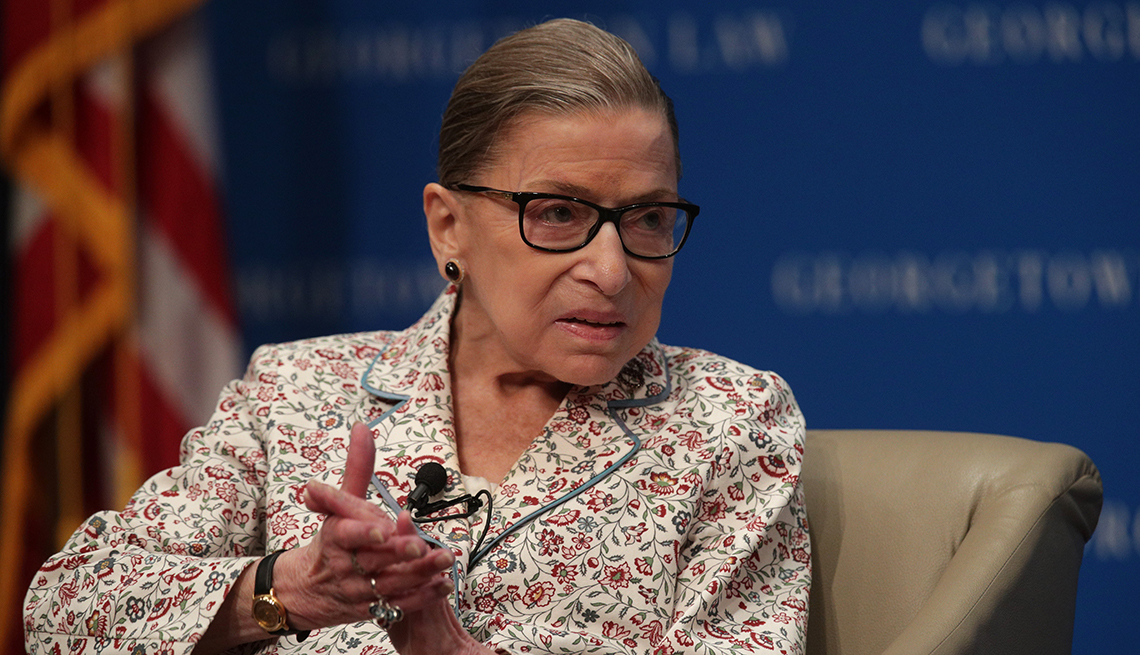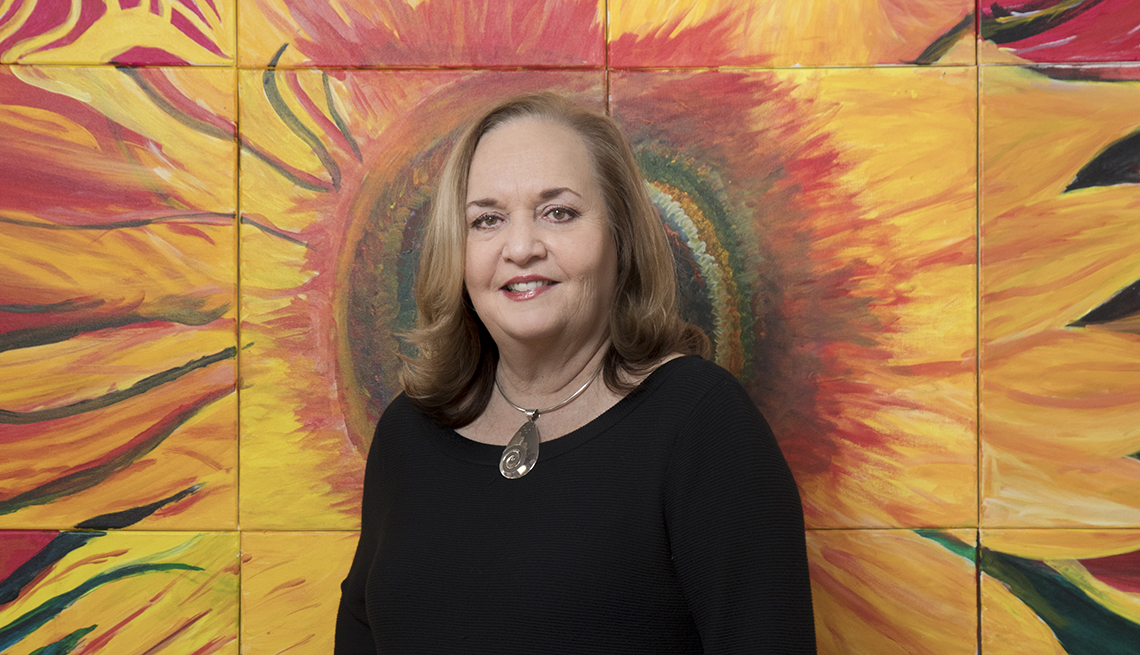
- Select a language for the TTS:
- UK English Female
- UK English Male
- US English Female
- US English Male
- Australian Female
- Australian Male
- Language selected: (auto detect) - EN
Play all audios:
That led President Jimmy Carter to nominate her in 1980 for a seat on the U.S. Court of Appeals for the D.C. Circuit, where she was known as a moderate, often agreeing with conservatives
such as Robert Bork and Antonin Scalia, the latter of whom also went on to the Supreme Court. With Scalia, she forged a nearly legendary friendship that lasted until his death, in 2016. The
two attended the opera together and, along with their spouses (Martin, a tax attorney, died in 2010), dined with each other on New Year’s Eve. Despite their opposing viewpoints, Scalia
conceded that she was his “best buddy” on the bench. She echoed that warmth with her nickname for him, “Nino.” “Call us the odd couple,” Scalia said in 2015 at a George Washington University
event, where he teased Ginsburg onstage about a minor flap that arose after they were pictured together riding an elephant in India, in 1994. “Her feminist friends” took umbrage, he said,
that “she rode behind me.” Ginsburg got the best of him, quickly adding, to the roar of both the audience and Scalia, that the elephant driver had placed them that way as “a matter of
distribution of weight.” Ginsburg believed in writing dissents for “a future age.” At the same time, she argued that cultural change, such as same-sex marriage, doesn’t come from the court,
but, rather, “social movements cause change, and the court catches up,” according to Irin Carmon, coauthor of the book _Notorious RBG: The Life and Times of Ruth Bader Ginsburg_. She thought
her role in the ’70s, Carmon says, was to help the court do just that. If Ginsburg was ambivalent about gender-based affirmative action, personally always wanting to be considered on the
basis of merit and not based on her sex, she nonetheless embraced the #MeToo movement of accountability for sexual assault and harassment. “My hope,” she said, “is not just that it is here
to stay but that it is as effective for the woman who works as a maid in a hotel as it is for Hollywood stars.” To the end, Ginsburg believed in always using whatever talent one has to work
to the best of one’s ability, and, with the help of two biographers, wrote a book, _My Own Words,_ in 2016, at age 83. “As long as one lives,” she insisted, “one can learn.” Nikki
Kahn/The Washington Post via Getty Images








